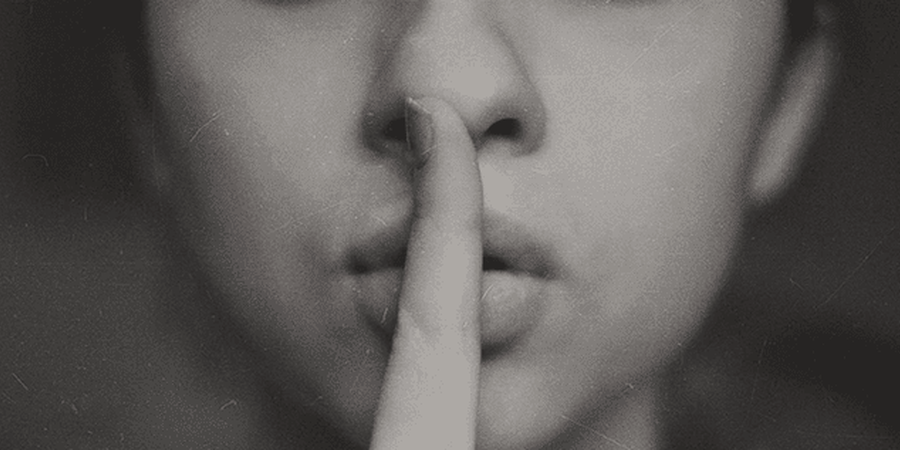Philadelphia, PA
- With a raging opioid epidemic in the U.S. and millions of leftover prescription pills in our homes, Mothers Against Prescription Drug Abuse and Recovery Centers of America believe we all must destroy and deactivate our unused medications in a safe and environmentally friendly way. RCA and MAPDA are teaming up on this issue to help bring awareness to the public on the dangers of unused and expired prescription pills in their homes.
RCA and MAPDA Working Together to Bring Awareness about the Problem of Leftover Prescription Drugs
Keeping highly addictive drugs in the medicine cabinet “just in case” is a dangerous practice. According to SAMHSA, more than half of individuals misusing prescription opioids were given or stole the prescription drugs from a friend or relative, often from the home medicine cabinet.
Additionally, improper disposal of unused and expired medications also damages our environment. Measurable amounts of antibiotics, antidepressants, and drugs used to treat diabetes, cholesterol, and blood pressure have all been found in U.S. lakes and rivers.
According to the United States Drug Enforcement Agency (”DEA”), between 2006 and 2012, drug companies saturated our country’s pharmacies with over 76 billion oxycodone and hydrocodone pills. Often, the opioid pills prescribed for post-surgical use are unused or expired but are kept indefinitely in people’s homes. The MAPDA/RCA team says that these drugs need to be deactivated des, destroyed, and then disposed of -- not only to prevent misuse and addiction-- but also because these extra pills create an environmental hazard. Flushing some of these pills down the toilet or sink and mixing them with other substances like kitty litter do not meet the “non-retrievability” standard for safe disposal and can poison our water supply.
Mary Bono, a former U.S. Congresswoman and Chairman of MAPDA, says there’s no time to waste as 200 lives are at stake each day. “Far too often, opioid addiction begins in America’s medicine cabinets and we need to change that right now,” she explained.
Recovery Centers of America’s Chief Scientific Officer, Dr. Deni Carise, stated, “Our mission at RCA is to save one million lives one neighborhood at a time. If we can prevent even one person from starting an addiction to opioids using leftover pain pills, then our partnership with MAPDA will be a tremendous success.”
RCA and MAPDA explained that many options exist for safe disposal of leftover drugs locally, including “dropoff” boxes provided by cities and first responders. So, contacting your local township for suggested methods and sites for the safe disposal of unwanted drugs is a good first step.
Recovery Centers of America and Mothers Against Prescription Drug Abuse (MAPDA) also provide a limited supply of Deterra environmentally safe at-home drug disposal pouches at RCA events in the upcoming months.


